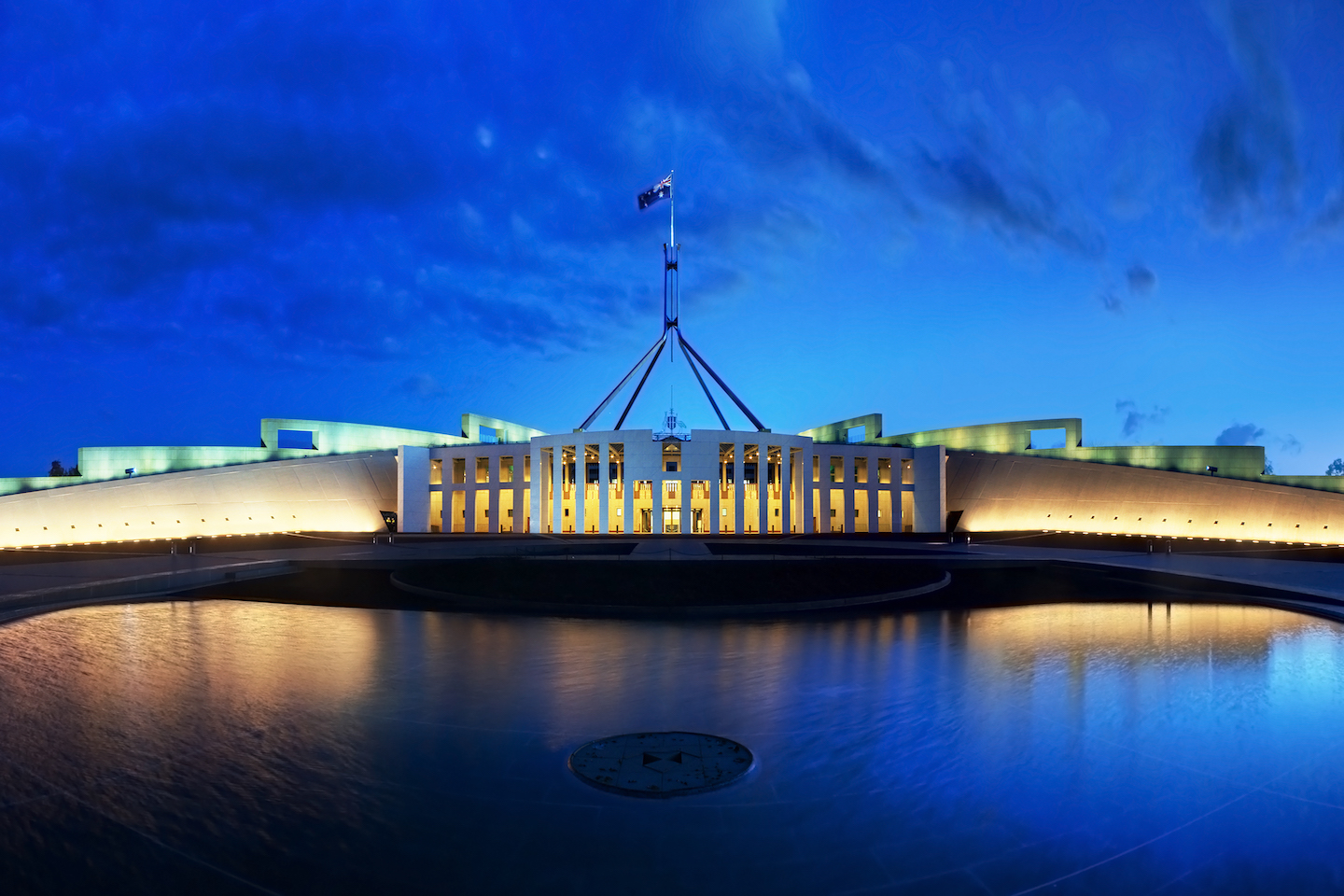The federal government’s $130 billion wage subsidy package clears its first hurdle, Western Australia records an additional 11 cases of COVID-19, and Premier Mark McGowan pledges millions to expand the state’s police force.


The federal government's JobKeeper legislation has now moved to the senate. Photo: JJ Harrison
- The federal government’s $130 billion JobKeeper package cleared the Parliament's lower house this afternoon and has now been taken up by the Senate, with around 6 million Australians likely to benefit from the $1,500-a-fortnight wage subsidy. The JobKeeper Bill, which passed on a bipartisan basis, will allow many businesses to operate for the next six months as the government enforces strict social distancing, quarantine and isolation laws in response to the COVID-19 pandemic. Despite the size and scope of the package, some industry bodies have expressed misgivings with loopholes in the final legislation.
- S&P Global has downgraded the outlook for Australia’s AAA credit rating from stable to negative, citing its record spending in response to the pandemic as well as what it considered a high likelihood of a recession. While the agency predicted that increasing government debt and accruing interest were likely to impact Australia for years to come, it also said future budget hardships would not represent what it considered to be fiscal or structural weakness for the country.
- WA Health Minister Roger Cook said 11 people tested positive for COVID-19 in Western Australia overnight, bringing the state’s total number of cases to 481. While the numbers continue to decline on the back of strict border closures and expanded testing, Mr Cook said testing criteria would once again expand, with patients now only having to demonstrate either a fever or acute respiratory infection to qualify.
- Premier Mark McGowan and Police Minister Michelle Roberts have announced a $91 million package to support the state’s police force during the COVID-19 pandemic. Of that amount, $73 million will go towards hiring 150 extra police officers, while a further 135 recruits will be fast-tracked for deployment in support positions. A further $15 million will go towards technology for cameras to recognise number plates.
- Perth Airport chief executive Kevin Brown has said the state’s major airport will continue to operate for FIFO workers and freight arrivals, despite an almost complete loss of interstate and international passengers. Mr Brown said the airport had already lost up to $100 million in revenue this financial year and had cut spending and reduced working hours in response to the crisis.
- Fisheries Minister Peter Tinley has said fishers’ licence fees would be waived as part of the state government’s stimulus push. Valuing the measure at $1.3 million, the move will allow commercial fishers to defer payments for access and lease fee payments for the coming year.
- Federal Health Minister Greg Hunt has said Australia will not pursue a ‘herd immunity’ strategy to combat COVID-19, saying it was the government’s aim to have as few Australians contract the virus as possible. That comes one day after chief medical officer Brendan Murphy said it was possible up to 90 per cent of the population could have contracted the virus had no social distancing, isolation or quarantine measures been implemented in response.
- Australian Medical Association president Tony Bartone has said Australians should continue to see their doctors for regular health checks during the pandemic. Noting that tens of thousands of diagnoses are made every week for cancers, heart disease and diabetes, he said telehealth services should be taken advantage of so as not to push the burden of healthcare into the future.
- The Economist Intelligence Unit has said it expects global economic activity to contract by 2.5 per cent in 2020 as a result of the COVID-19 pandemic. The EIU said that illness, isolation and negative business and consumer sentiment will likely cause a decline in demand, while factory closures and disruptions to supply chains would likely cause a bottlenecking of supply.
- Wuhan, the Chinese city where COVID-19 first emerged in November last year, has allowed its citizens to leave their homes 11-weeks after it went into lockdown. The city’s 11 million inhabitants will need to be electronically tracked when leaving their home as part of the relaxed guidelines.
- UK Prime Minister Boris Johnson, who contracted COVID-19 in late March, has remained in intensive care overnight and is thought to be in a stable condition. The country has now confirmed more than 55,000 cases of the virus and more than 6,000 deaths.
















